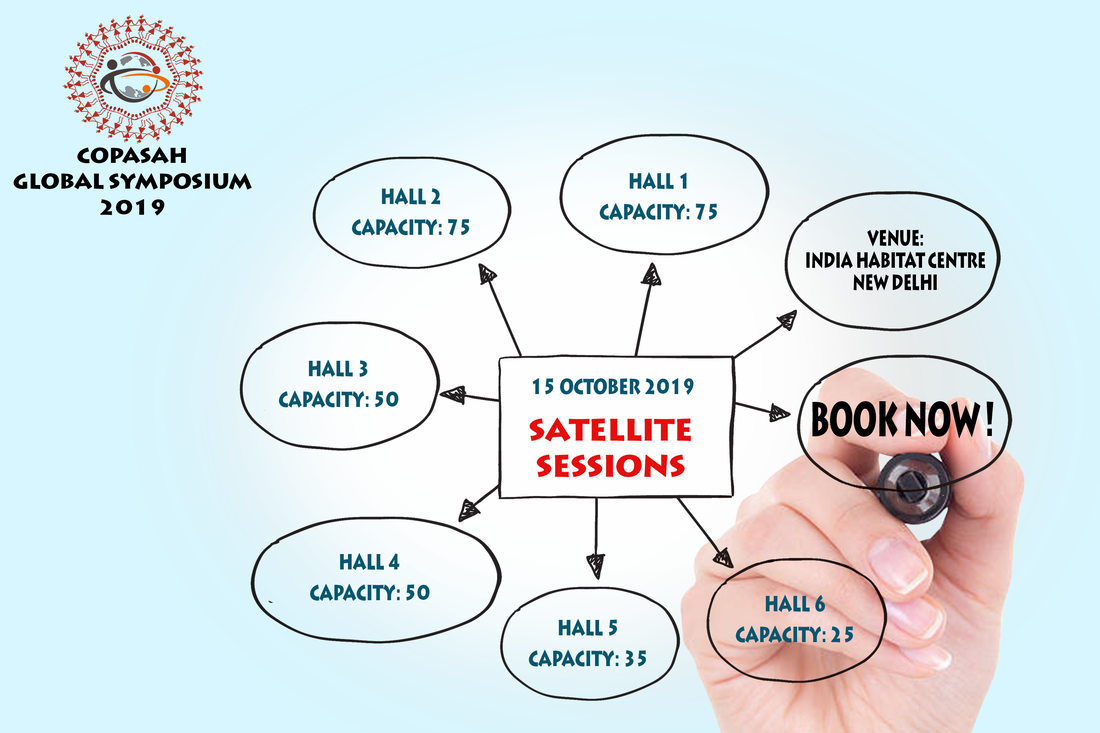
|
|
Covering the Last Mile of Maternal Health Programming:
Overcoming Systemic Blind Spots through Community Based Insights
Overcoming Systemic Blind Spots through Community Based Insights
COPASAH Thematic Hub on Sexual and Reproductive Health, CHSJ, India
|
Maternal and Neonatal Health (MNH) outcomes have improved overall but mortality among marginalised communities is still high. The Sustainable Development Goals focus on 'Leaving No One Behind' allows a fresh opportunity to revisit the way MNH programming has been defined, designed, financed and implemented in the last two decades. While there has been a decline in maternal and neo-natal mortality, most LMIC countries did not reach their MDG targets, with limited attention to considerable social, economic, geographic and demographic disparities. Despite substantial funding to maternal and neonatal health programmes, health systems remain weak and inadequately equipped resulting in sub-standard outcomes. With a view to deliberate on how routine and emergency health care services may be provided in a culturally appropriate fashion so that socially disadvantaged communities accept and utilise the necessary lifesaving services a workshop was organised at the fifth global symposium on health systems research, on October 11, 2018. The workshop was organised by the COPASAH thematic hub on sexual and reproductive health rights anchored by CHSJ, India.
|
The workshop adopted a participatory approach, and was divided into three stages of 30 minutes each. The first stage comprised of four provocations in different contexts - ethnic minorities of Latin America, financing for maternal health Nigeria, racial disparities in maternal mortality and morbidity in North America, and the maternal health challenges in rural mountainous Nepal. In the second stage the participants were divided into three groups, each guided by a facilitator, to discuss three specific questions. In the third stage each group provided a brief summary to the larger group and the session ended with the chair summarising some of the key lessons that had emerged.
More details of the workshop can be accessed from the report available on: https://www.copasah.net/uploads/1/2/6/4/12642634/liverpool_rh_thematic_hub_workshop.pdf


